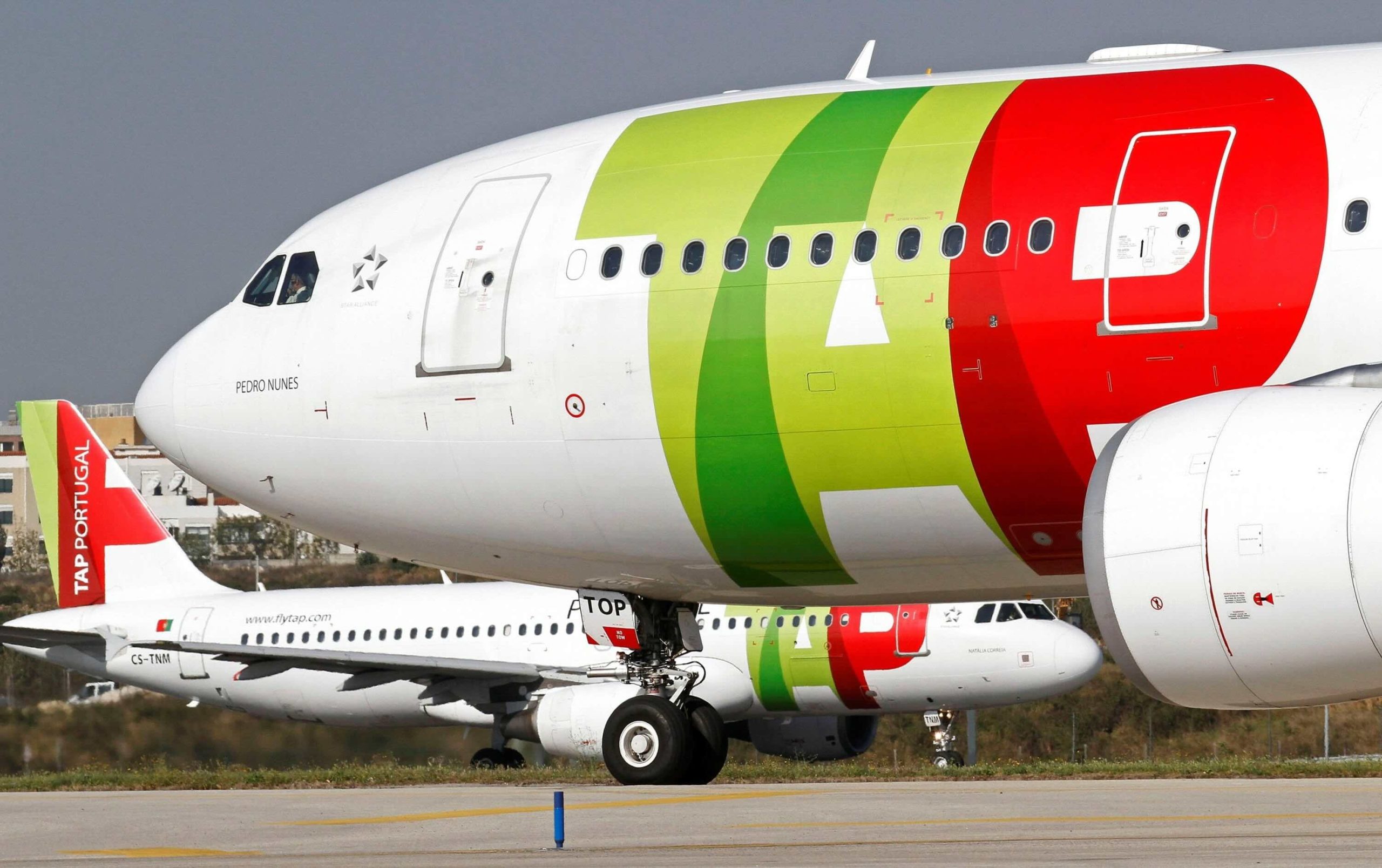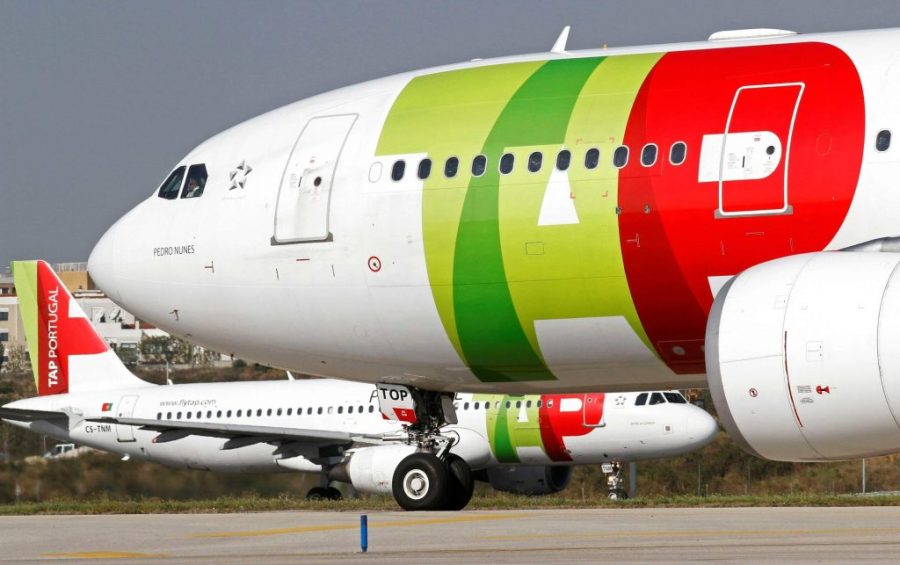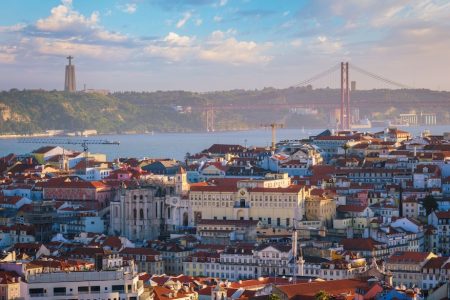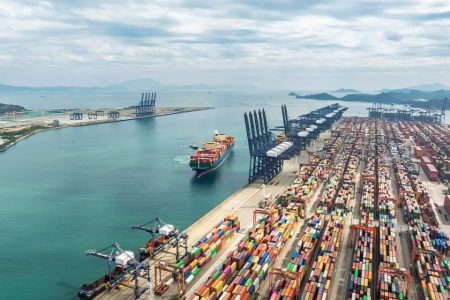One of the largest airlines in the world has reaffirmed its desire to acquire Portuguese carrier TAP while the government works to define a privatisation model for the now state-owned airline.
According to media reports, Lufthansa CEO Carsten Sporh travelled to Lisbon on Monday for a nearly two-hour meeting with senior ministers to signal his interest in TAP. Italian newspaper Corriere della Sera reported Lufthansa hoped to acquire a 19.9 percent stake in the wholly owned Portuguese company, a position worth 180 to 200 million euros (US$199 million to US$220.7 million). No concrete proposal was put forward, however.
It is not the first time the German carrier has shown interest in acquiring TAP nor is Lufthansa the only interested buyer. With both Air France/KLM and the IAG Group (owner of British Airways and Iberia) also in the running, the Portuguese government wants to hear from all potential buyers.
[See more: A new international airport for Lisbon is on the horizon, Montenegro says]
TAP became wholly owned by the state as a result of the Covid-19 pandemic, with the Portuguese government providing 3.2 billion euros in public aid to the carrier. A plan to privatise TAP was approved by the Council of Ministers last September with an established objective to sell “at least 51 percent” of the capital. This was suspended when the socialist government fell.
Social Democrat Luís Montenegro assumed office in April this year. His government has not yet defined a new model for TAP privatisation, so it is unclear whether the government will offload the entire company or sell only part of it. Some conditions are certain to be included, such as securing the company’s hub in Lisbon.
The Portuguese government is now preparing the dossier for TAP’s sale in the first quarter of 2025. TAP ended the first half of 2024 narrowly in the black, due to 72.2 million euros brought in between April and June, transporting 7.7 million passengers, up 1.6 percent year-on-year. However, the company recorded profits of only 400,000 euros for the period, well below the 22.9 million euros brought in during the same period last year.






